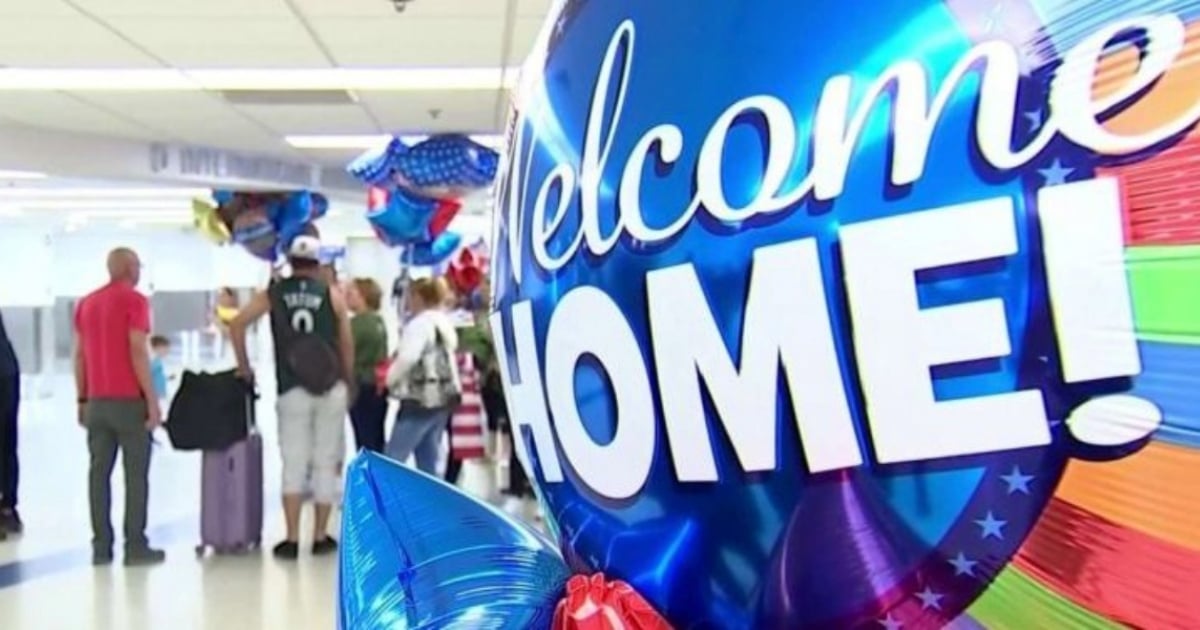A federal judge in the United States issued a ruling on Monday that delivers a major setback to the Trump Administration's efforts to dismantle the humanitarian parole program (CHNV). This immigration policy has benefitted over 530,000 immigrants from Cuba, Haiti, Nicaragua, and Venezuela. As anticipated last week, Judge Indira Talwani, appointed by former President Barack Obama, accepted an emergency motion to temporarily halt the mass revocation of permits granted under this program. She argued that the government's decision lacked the required case-by-case assessment mandated by law.
Judicial Concerns Over Summary Elimination of the Program
Judge Talwani expressed serious concerns about the Trump Administration's attempt to terminate the program without individually reviewing each beneficiary's circumstances. "The Court finds that the plaintiffs have standing to challenge the reduction of their participation in the program," Talwani wrote in her judicial order. She emphasized that these immigrants have the right to work legally if authorized and can also apply for status adjustment or other benefits.
The judge noted that without these guarantees, eliminating the program would leave individuals facing a distressing choice: "Comply with the law and leave the country voluntarily, or await deportation proceedings."
Temporary Legal Protection and Call for Individual Assessments
In her decision, Judge Talwani firmly suspended all revocation notifications sent by USCIS, ordering them to remain on hold pending further judicial orders. "All notifications sent to individuals from Cuba, Haiti, Nicaragua, and Venezuela through their USCIS online accounts (...) are suspended pending a new judicial order," the court order states.
Moreover, the judge emphasized, "It is not in the public interest to summarily declare that hundreds of thousands of people are no longer legally present in the country, preventing them from working legally in their communities and supporting themselves and their families."
During a prior hearing, Talwani also criticized the lack of grounds in the DHS's legal interpretation to justify the program's elimination. "The Secretary (of Homeland Security, Kristi Noem), in shortening the 'parole' period granted to these individuals, must have a reasoned decision," highlighting that the decision was based on a "misinterpretation of the law," she said.
Legal Defense of the Program and the Challenge
The lawsuit challenging the CHNV revocation described the move as an "unprecedented" action, outside the framework of the Administrative Procedures Act, which sets the rules for ending federal programs. The plaintiffs argued that the abrupt cancellation would cause the loss of legal status and the right to work for hundreds of thousands of people.
Meanwhile, government attorneys contended that: "The DHS's decision to terminate the CHNV program and existing parole grants [...] falls within this statutory authority and complies with statutory and regulatory notice requirements." However, the judge concluded that no substantial reason was demonstrated to compel these individuals to leave the country.
"The government has not shown any compelling reason or public interest justifying forcing individuals granted temporary stay permits in the U.S. for a specific period to leave (or to obtain undocumented status)," she indicated.
The Scope and Functioning of the Humanitarian Parole Program
The humanitarian parole CHNV was implemented by the Biden Administration starting in 2022 as a means to offer temporary protection to citizens from the four mentioned countries, allowing them to enter the United States by air with legal sponsors. In exchange, they were granted a two-year temporary permit during which they could seek humanitarian aid, adjust their immigration status, or access other benefits.
According to official figures from the U.S. Citizenship and Immigration Services (USCIS), by the end of 2024, the program had admitted: 110,240 Cubans; 211,040 Haitians; 93,070 Nicaraguans; and 117,330 Venezuelans.
Trump Administration's Attempt to Revoke the Program
On January 20, 2025, just a day after President Donald Trump resumed office, the Department of Homeland Security (DHS) issued a directive to end the program, citing the elimination of alleged "abuse" of humanitarian parole.
"The Biden Administration abused the program to indiscriminately allow 1.5 million migrants into our country. This has been halted on the first day of the Trump Administration," an official statement declared. The order meant the immediate revocation of residency and work permits starting April 24, 2025, affecting all beneficiaries who had not secured a new legal status in the U.S.
The Trump administration's measure generated limited political response, except for statements from three Cuban-American representatives from Florida who requested an exception in February to prevent the deportation of affected Venezuelans. Notably, among Trump's first executive orders after taking office was authorization for expedited deportations of parole beneficiaries who hadn't applied for a status change.
Conclusion: An Uncertain Legal Future
While Judge Indira Talwani's decision represents a temporary victory for immigrants under the CHNV program, the future of humanitarian parole remains uncertain. The court order does not definitively nullify the revocation but demands a fair, individualized, and lawful process for any cancellation of immigration benefits.
This ruling underscores the importance of due process in immigration matters and leaves the door open for a prolonged legal battle over the executive branch's limits in altering humanitarian protection policies.
Understanding the Humanitarian Parole Program
What is the humanitarian parole program (CHNV)?
The humanitarian parole program (CHNV) is an immigration policy designed to offer temporary protection and legal entry to the United States for citizens from Cuba, Haiti, Nicaragua, and Venezuela.
Why did Judge Indira Talwani suspend the termination of the CHNV program?
Judge Indira Talwani suspended the termination because the government's decision lacked individualized assessments required by law, potentially causing harm to beneficiaries without due process.
How many immigrants have benefited from the CHNV program?
Over 530,000 immigrants from Cuba, Haiti, Nicaragua, and Venezuela have benefited from the CHNV program.
